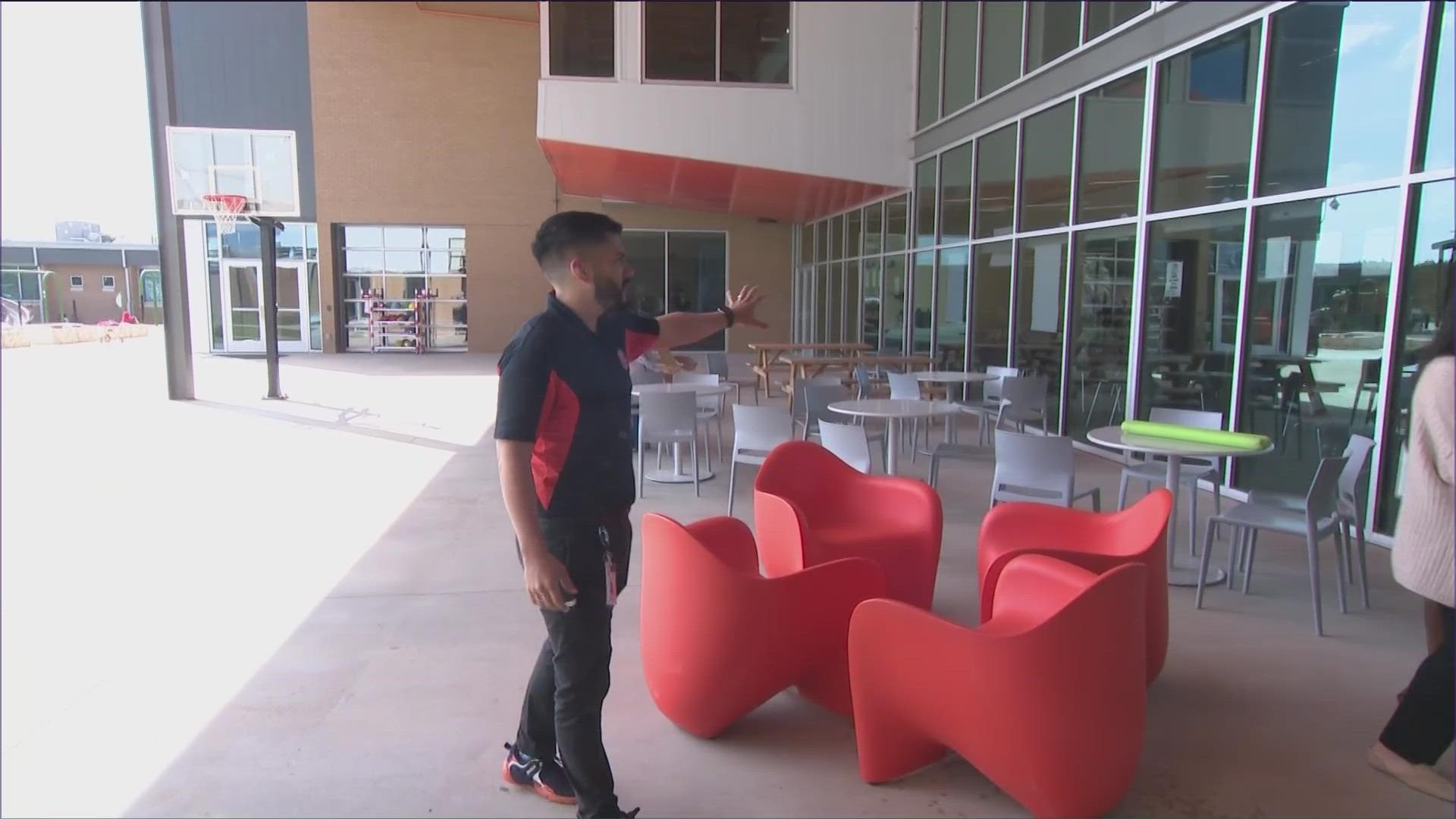THE TEXAS TRIBUNE – A state-backed program that for decades has helped school districts get the lowest interest rates possible on bonds and keep their credit scores high has reached its debt limit — and it could cost taxpayers millions of dollars.
Texas’ Permanent School Fund promises lenders who buy bonds from a school district that the state will pay them back if the district can’t. But it can only vouch for so much debt.
The IRS, which has jurisdiction over tax-exempt municipal bonds, has set that limit at about $117 billion — and it was reached in December. Since then, at least 49 school and charter districts that asked the PSF to back their debt were denied due to insufficient capacity, resulting in more than $6.87 billion in unguaranteed bonds.
PSF’s communications director, Carolyn Perez, said the bond guarantee program will operate at very limited capacity for now, though it might be able to take on more bonds as other schools already in the program pay off their debts.
The program previously reached its debt limit in 2009 as the state’s growing population and student enrollment led schools to issue more bonds for renewing decades-old buildings and erecting new ones. The IRS updated the program’s debt limit later that year, but not before school districts were forced to pay higher interest rates on their bond debt for a couple of months.
Bond packages also have gotten bigger and more expensive over the last decade as construction costs keep going up and district leaders prefer to get multiple projects passed in one package so as not to have to go back and ask taxpayers for more money.
Perez said the Texas Education Agency and PSF have been working with members of Congress to increase the debt limit either through legislation or through an IRS action.
U.S. Reps. Lloyd Doggett, D-Austin, and Jodey C. Arrington, R-Lubbock, filed House Resolution 32, which would eliminate a limit on the bond program.
“Without a corrective course, we’re currently barreling toward sinking hundreds of millions of education dollars into needlessly high financing costs,” Doggett said.
But while Congress determines the fate of the bill, Texas school officials will have to decide whether to delay their bonds or continue their projects at higher interest rates — potentially having to raise property taxes.
In the Austin Independent School District, voters approved a $2.44 billion bond package last year to update infrastructure across several campuses. The district was denied from the PSF’s guarantee program in November but sold about $600 million of its bond debt in January anyway because construction costs continue to go up and the district could not afford to delay its projects, Chief Financial Officer Ed Ramos said.
Ramos estimates the district will pay an additional $20 million in interest that could’ve been avoided through the PSF’s program.
In Seguin ISD, voters approved a $131 million bond project last year. The district couldn’t get $40 million worth of bonds guaranteed through the PSF, Superintendent Matthew Gutierrez said.
Seguin ISD had promised taxpayers that the bond package would raise the property tax rate by only 2 cents. Now district leaders have to decide whether to sell their bonds in March without the PSF’s bond guarantee — and potentially raise the tax rate even higher — or wait to see if the limit is raised again, at the risk of construction costs going up.
The district could also cancel some projects to keep the tax rate as promised.
“We’re hoping that something will happen here very soon so that we aren’t impacted,” he said. “It would be really unfortunate to have to think about scaling down the scope of the projects.”
This article originally appeared in The Texas Tribune.

